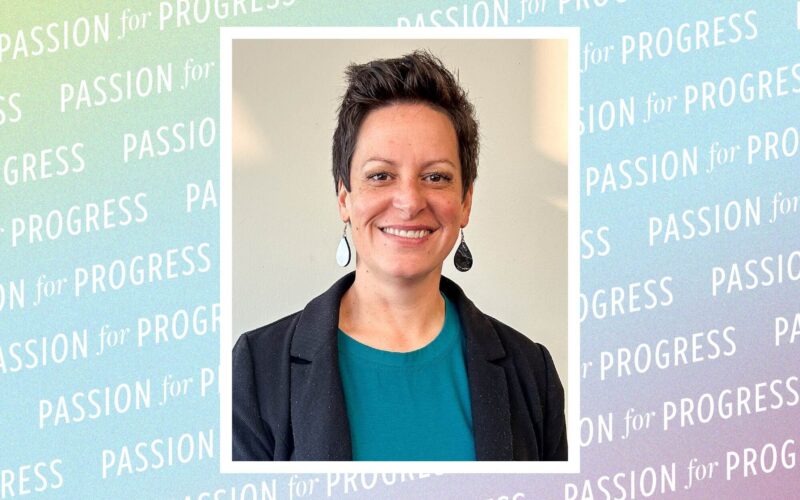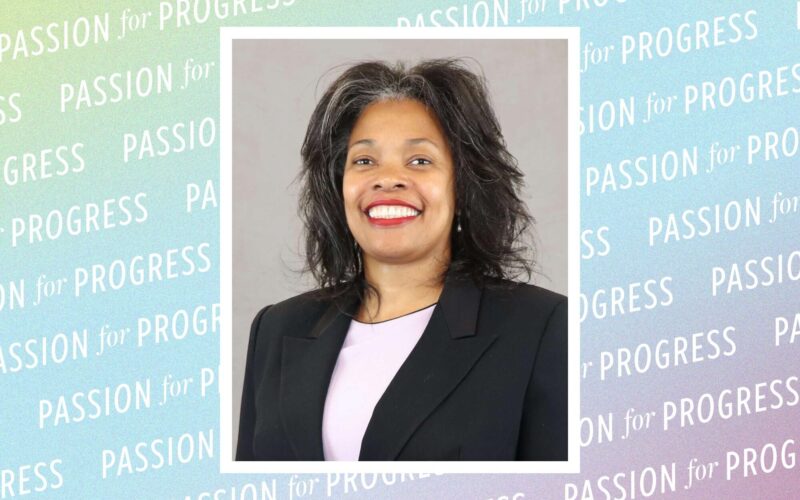By Brian Fogle, president & CEO
Preparing for success includes knowing that failure isn't fatal
I had the privilege of being asked to come back to my hometown of Aurora and speak to a group of Houn’ Dawg upperclassmen about “preparing for life.” That is a weighty subject. I tried my best to remember what it was like to be a senior in high school and concluded there was absolutely no wisdom that could have been imparted upon me at that point in my life. The world was mine for the taking, by golly, so get outta my way.
A former superintendent at Springfield Public Schools used to always kick off his graduation remarks by saying “Congratulations, seniors! You’ll never be smarter than you are right now.” So I decided against the typical remarks of encouragement and decided to focus on failure — because, as we all know, we will have them.
To help illustrate my point, I read them this biography of a very famous American:
- 1816: His family was forced out of their home. He had to work to support them.
- 1818: His mother died.
- 1831: Failed in business.
- 1832: Ran for state legislature — lost.
- 1833: Borrowed some money from a friend to start a business. By the end of the year, he was bankrupt. He spent the next 17 years of his life paying off this debt.
- 1834: Ran for state legislature again — won.
- 1835: Was engaged to be married. His sweetheart died and his heart was broken.
- 1836: Had a total nervous breakdown and was in bed for six months.
- 1838: Sought to become speaker of the state legislature — defeated.
- 1840: Sought to become elector — defeated.
- 1843: Ran for Congress — lost.
- 1846: Ran for Congress again — this time he won. Went to Washington and did a good job.
- 1848: Ran for re-election to Congress — lost.
- 1849 Sought the job of land officer in his home state — rejected.
- 1854: Ran for U.S. Senate — lost.
- 1856: Sought the vice-presidential nomination at his party’s national convention — received less than 100 votes.
- 1858: Ran for U.S. Senate again — and again he lost.
- 1860: Elected President of the United States.
Abraham Lincoln was arguably one of the greatest presidents in American history. One of his greatest strengths was his ability to understand the imperfections that we as humans share, yet to not lose hope. He understood that success can be fleeting, significance is even more important, but that failure isn’t fatal. He embodied that.
As I was leaving the room, I heard one student whisper: “Boy, what a fun-sucker that dude was.” So, I guess I failed at my attempt in a message, but I find myself in very good company.
Brian Fogle is the President and CEO of the Community Foundation of the Ozarks.



